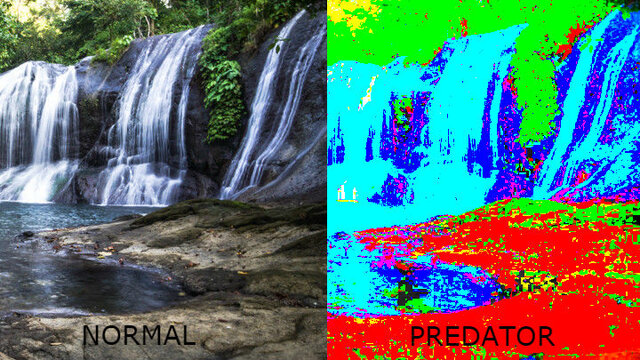Representationalism - By Branch / Doctrine - The Basics of Philosophy
"
Representationalism (also known as
Representative Realismor
Indirect Realism or
Epistemological Dualism or the
Representative Theory of Perception) is the philosophical position that the world we see in
conscious experience is not the real world itself, but merely a miniature virtual-reality replica of that world in an
internal representation. Thus, we know only our ideas or
interpretations of objects in the world, because a barrier (or
veil of perception) between the mind and the existing world prevents
first-hand knowledge of anything
beyond it."
On the above account of representative realism, i would say my approach to perception is different. I will
try to explain and it
might be clarifying. (But if history is a guide, it probably wont be.

)
>> but merely a miniature virtual-reality replica of [reality]
Perception is not a minature, virtual-reality replica of reality. Perception is, in large part, a process in which one thing (for example, the environment) co-varys with another thing (for example, the nervous system of an organism).
A basic example would be:
The surface water of the pond increases (changes) in temperature (ie molecules start vibrating faster), the nervous system of the frog also changes in response to the increase in temperature. The frog has perceived reality. It swims to cooler water.
The changes in the frog's nervous system are not a "replica" of the changes in the water molecules.
I think this co-varying process holds true for all modalities of perception, sight, smell, hearing, etc.
>> the world we see in
conscious experience is not the real world itself
I think the above is semantically confused. But the confusion is impossible to avoid, based on the nature of perception itself (as i have been trying to point out!).
We have to do this work!
Going back to my example of the frog; for the sake of this (toy) example, lets say that subjectively, the change to the frog's nervous system
just is the qualitative feel of hotness.
Objective — frog nervous system changes
Subjective — qualitative feel of heat
So what is the frog feeling (or "seeing" in the statement above)? Is the frog feeling the change in the pond or is the frog feeling the change in its nervous system?
On my view, the frog is feeling the change in the pond because the change in its nervous system just is the qualitative feeling of heat.
In this way, there is no dualism between mind and matter. The qualitative feel of hotness does not ooze or strongly emerge from the nervous system. It just is the nervous system. (However, when we
perceive hotness (different than *
experiencing* hotness), we see a changing nervous system. This apparent duality is not an actual, ontological duality.)
>> an
internal representation
The only sense in which, on my view, we would say perception is
internal would be in the sense that perception is a process in which a change
within the organism co-varys with a change in the environment. But again, the organism is not percieving the change in its nervous system; rather,



 )
)